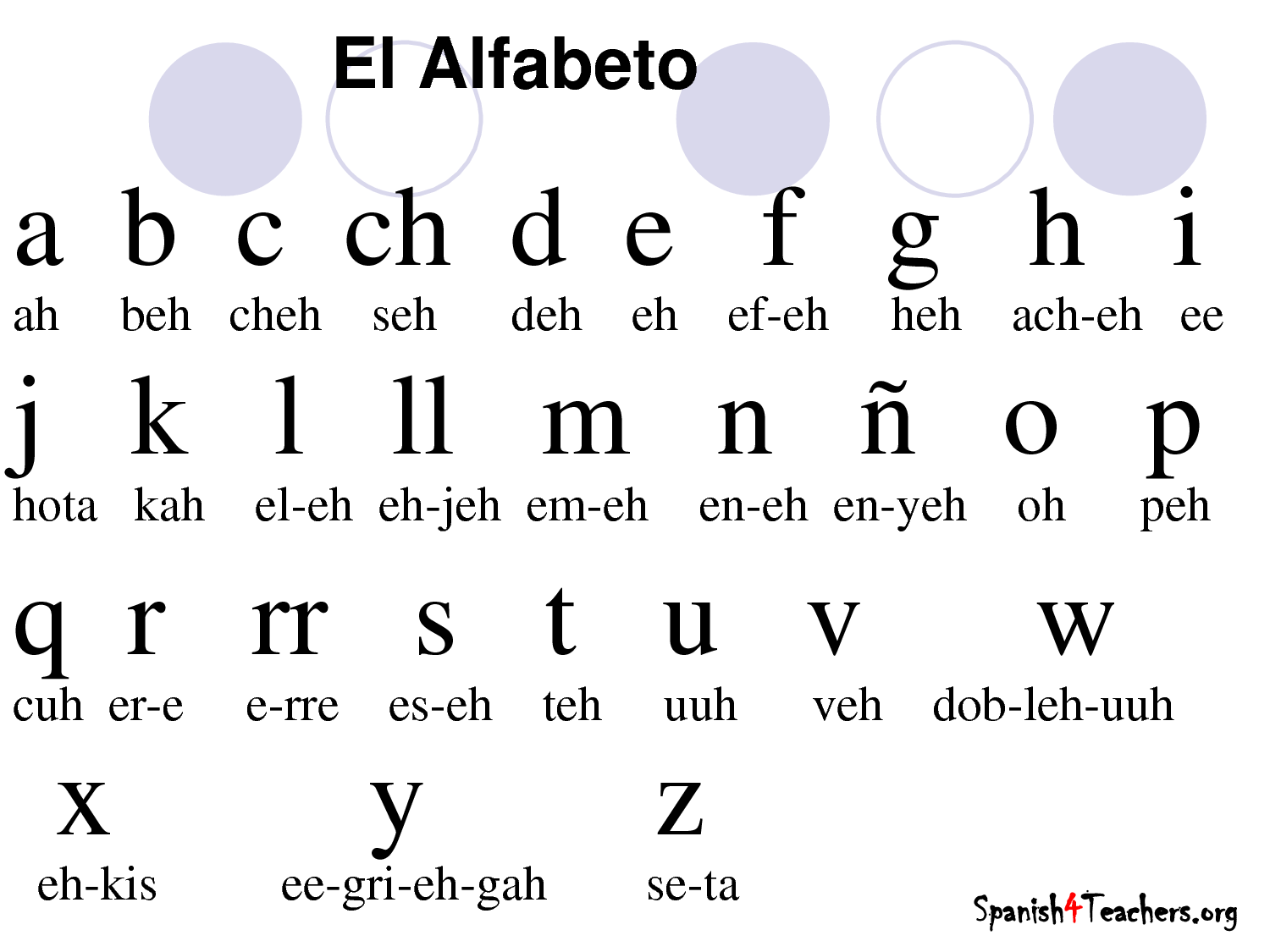
| Языки :: Испанский |
| Аудио |

 |
|
 |
|
181 |
Español |
| Lección Sesenta y tres (63) | |
| REVISION AND NOTES | |
|
1 The alphabet : here are the 28 letters of the Spanish alphabet with
their figured pronunciation : a (ah) — b (bay) — c (say) —- ch (tchay) — d (day) — e (aye) — f (ayfay) — g (Hay) — h (atchy) — i (ee) — j (Hota) — k (ka) — l (aily) — ll (between ay-iay and ailiay) — m (aimy) — n (ainy) — o (o) — p (pay) — q (koo) — r (ai-rry) — s (aicy) — t (tay) — u (oo) — v (oovy) — x (aykiss) — y (iay or : ee griaiga) — z (thayta or : thayda). Ail letters are feminine : una a, una j, una z. When you use the dictionary remember that ch and ll have their own pages; and don*t look for them at c and l. In writing, never cut ll at the end of a line, as in English : mil-lion, bil-let; write : mi-lion, bi-llete. The same for rr (dobly ai-rry) although it is a double letter : bu-rro, ass; tie-rra, land; te-rrible, terrible. You may have remarked that Spanish spelling is very simple and rational. Thus : ortografía : orthography; fotografía, photograph(y); teatro, theatre; bicicleta, bicycle; atención, attention; difícil, difficult. The chief spelling difficulty for the Spaniards is the use of b and v; and this interests us, remembering the similar pronunciation of these two letters. A sentence like : servir un vaso de vino, to serve a glass of vine, is full of traps for a Spanish schoolboy, who might spell it : serbir un baso de bino, trusting his ear. In the alphabet, b and v were called formerly : la b and la v, but the teachers, sounding them, as everybody did, like a slack b, were obliged, in order to make themselves understood, to add : b de burro, v de corazón (v being heart-shaped), or again o de vaca. There is also a certain confusion between g and j, in words such as mujer, woman, región, region, dirigir, to direct, in which either letter has the same phonetic value. S and m are never double : comisión, commission; cómodo, commodious; inmenso, immense; inmoral, immoral. Double n and double c are found in a few words : innovación, innumerable, lección, elección, etc., and the syllable is parted between the two; but on the whole, Spanish avoids double letters : aceptar, to accept; acelerar, to accelerate; acusar, to accuse, etc... |
|
|
2 Después de... + infinitive; después de comer : after eating. — Después de amenazar al dueño : after menacing the landlord. — Después de preguntar : after asking. |
|
|
3 Let us see over again : 1 — Es costumbre; es mi costumbre. — 2 He caído en ello. — 3 Esto me vendrá bien. — 4 ¿Se ha divertido usted? — Regular, nada más. -— 5 Voy (or : me voy) a aprender esta canción de memoria. — 6 Présteme un paraguas (parra-gwass, from agua, water, "parry-water"), he perdido él que compré anteayer (or : antes de ayer). |
|
|
1 It's the habit; it's my habit — 2 I've got it [understood, fallen into it]). — 3 This will do me good, or suit me. — 4 Have you enjoyed yourself? — So so, no [thing] more. — 5 I'm going to learn this song by heart. — 6 Lend me an umbrella, I have lost the one that I bought the day before yesterday. |
